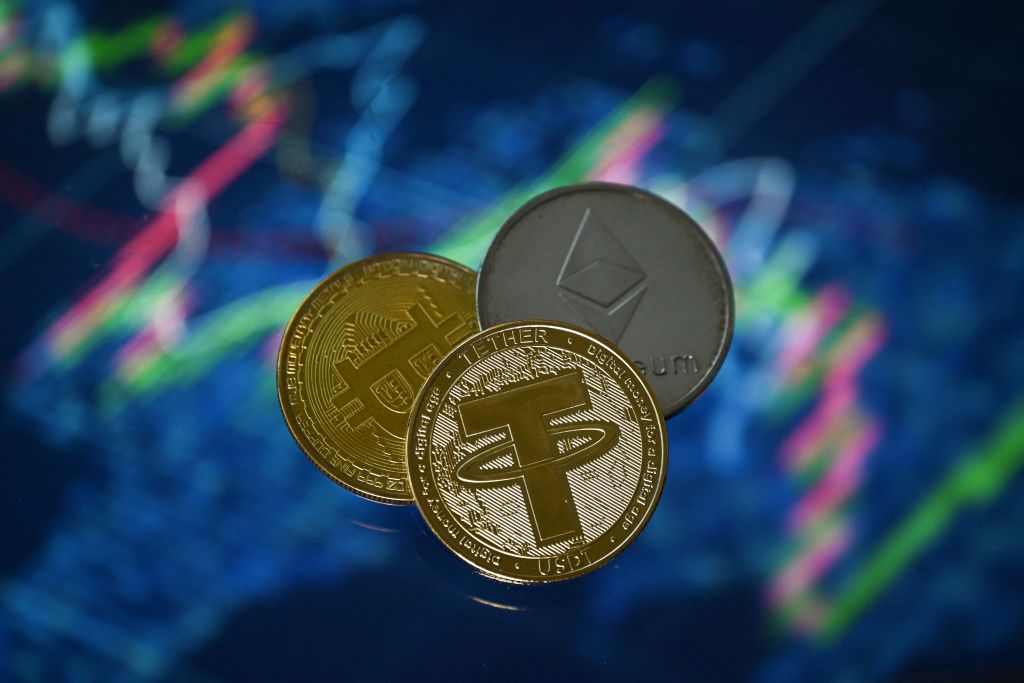Malaysia Property Stocks traded at 32 percent discount
Malaysia's Eastspring Investments Bhd. was reported to have been buying property related stocks listed in the Kuala Lumpur Stock Exchange when the stocks plunged to its lowest recently. According to the valuation, the company bought the stock at the price of 32 percent discounted rate.
According to the Bloomberg News, the Bursa Malaysia Property Index is currently valued at 8.9 times 12-month projected earnings due to heavy selling by foreign investors and low support from the local institution. The value makes shares in the index at its seven years low price compared to the global market.
The Gulf News Markets reported that the company's chief investment officer, Chen Fan Fai is optimistic that the investment company is getting all the stock at the right price considering the current market situation. Although the company did not expect to obtain profit quickly, but considering that the property market will always rise again, he said that it will be a matter of time before the company manage to obtain profit.
Currently, the direction of the KLSE is still uncertain refraining investors and investment banks from investing heavily in the stock market but rather looking for a safer option. This is confirmed by Jason Chong, Chief Investment Officer for Canada's Manulife Asset Management in Kuala Lumpur as reported by The Malaysian Insider. He said that "It is hard to be bullish on the property market right now," he said. "Property is not one of our favourite sectors now. Values are starting to emerge. But the question is, how long must you hold to realise these values?"
The Eastspring Investment Bhd has been showing a great performance since it was founded. The company managed to turn most of its small-cap fund into profit with 31 percent return on investment within this past 3 years. According to Chen, all stocks that were bought have come down to a value that is considered as a bargain for the company.
However, all the stocks bought by the company is still confidential and could not be shared with the press.
During the mid-year, the KLSE index had fallen to 14 percent within a month causing the index to face its worse month yet. This is due to lots of political turmoil that relates with the Malaysian Prime Minister Najib, lower oil price and also global recession. While for the Kuala Lumpur Future Stock Exchange, the index also dropped to 2.5 percent and is currently in its longest declining streak in 17 years.












